Artificial Intelligence is rapidly reshaping the recruitment landscape, offering speed, efficiency and data-driven decision-making. A third of organisations are already using some form of AI or machine learning in recruitment and onboarding. However, beneath the surface of innovation lie hidden risks that can lead to biased outcomes, poor hiring decisions and a damaged employer brand. Both employers and job seekers need to be aware of these dangers and take proactive steps to avoid them.
What Employers Should Watch Out For
AI can be a powerful tool, but relying on it without proper oversight can cause serious problems. Here are some key red flags to look out for:
1. Hidden Biases
AI systems learn from historical data. If that data contains human biases, such as favouring certain genders, schools or backgrounds, the AI will replicate those patterns.
- Reduced Diversity: Talented candidates from underrepresented groups may be unfairly excluded.
- Overlooked Talent: Individuals with non-traditional experience or career gaps may be missed despite having strong skills.
- Legal Risks: Unintentional discrimination can lead to legal action and reputational damage.
How to Avoid It: Audit AI systems regularly to identify and correct bias. Use diverse and representative training data. Choose tools that offer transparency and maintain human oversight throughout the hiring process.
2. Lack of Transparency
Many AI tools are complex and it can be difficult to understand how they make decisions.
- Candidate Distrust: Job seekers may feel unfairly judged, leading to a poor experience.
- Hard to Fix Errors: Without clarity, it is difficult to identify and correct mistakes.
How to Avoid It: Select AI tools that explain their decision-making clearly. Train your recruitment team to interpret AI outputs and maintain documentation. Ensure human involvement at key stages and be prepared to offer feedback to candidates.
3. Over-Reliance on Keywords
AI is effective at scanning for keywords, but this can lead to problems.
- Missing Soft Skills: AI may struggle to assess qualities like communication, teamwork or adaptability.
- Generic Matches: Vague job descriptions filled with buzzwords may attract candidates who use similar language without having the right experience.
How to Avoid It: Combine AI screening with human interviews that assess behaviour and cultural fit. Write clear job descriptions that distinguish between essential and desirable skills. Implement an ethical AI recruitment strategy.
4. Impersonal Candidate Experience
While AI speeds up recruitment, over-reliance can make the process feel cold and impersonal.
- Ghosting: Automated rejections without explanation can leave candidates feeling undervalued.
- Lack of Connection: Candidates may feel they are interacting with a machine rather than a person, which erodes trust.
How to Avoid It: Use AI for initial screening but ensure real people engage with candidates during key stages. Provide constructive feedback to all applicants to maintain a positive reputation.
AI Is a Tool, Not a Shortcut
AI can enhance recruitment when paired with ethical practices, human oversight and a commitment to fairness. The most successful organisations treat AI as a collaborative assistant, not a replacement for human judgement, empathy or accountability.
At Jobfitts, We Put People First
We believe successful hiring is about more than matching skills to roles. It is about understanding people, building relationships and creating long-term success for both companies and candidates.

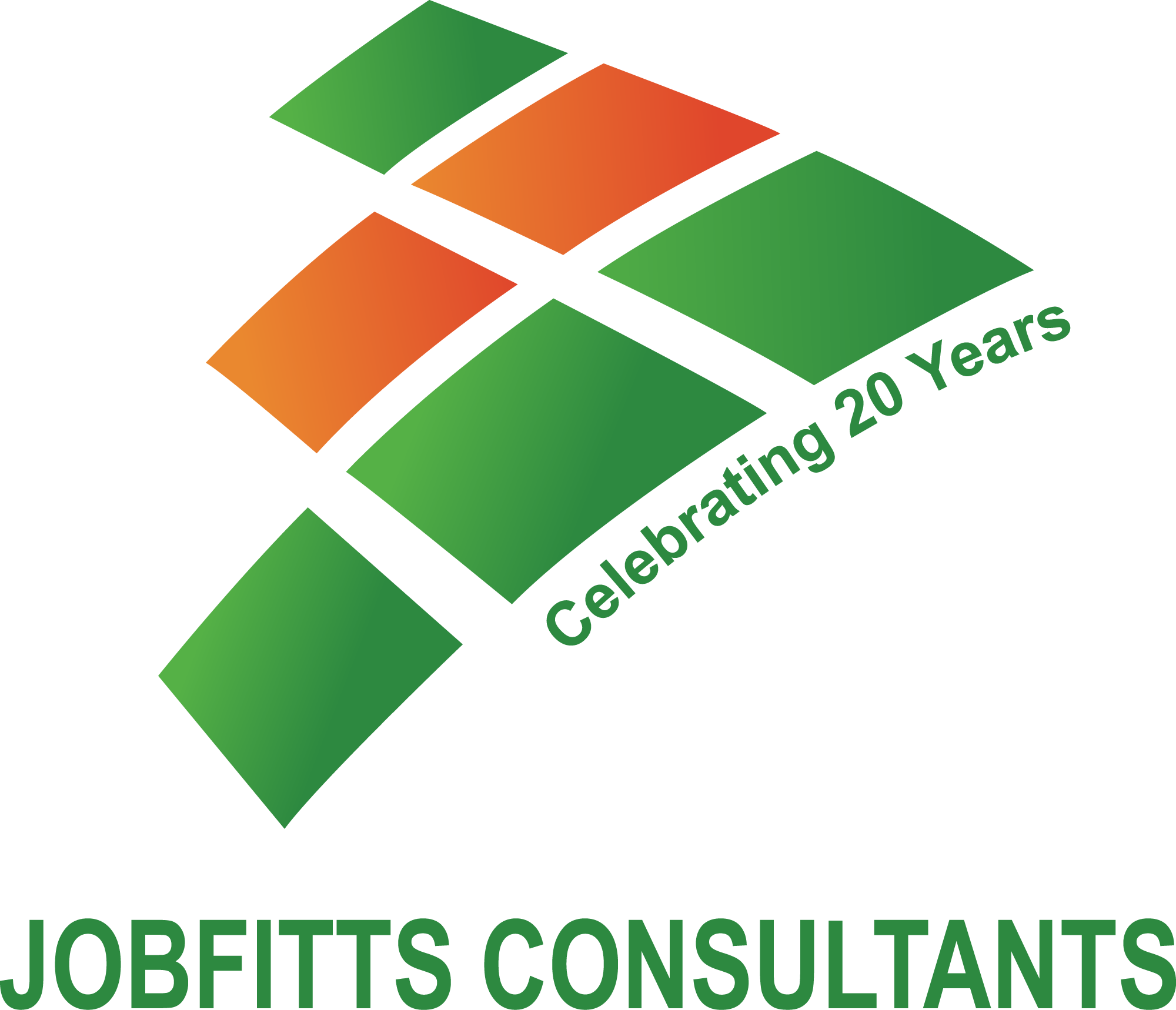
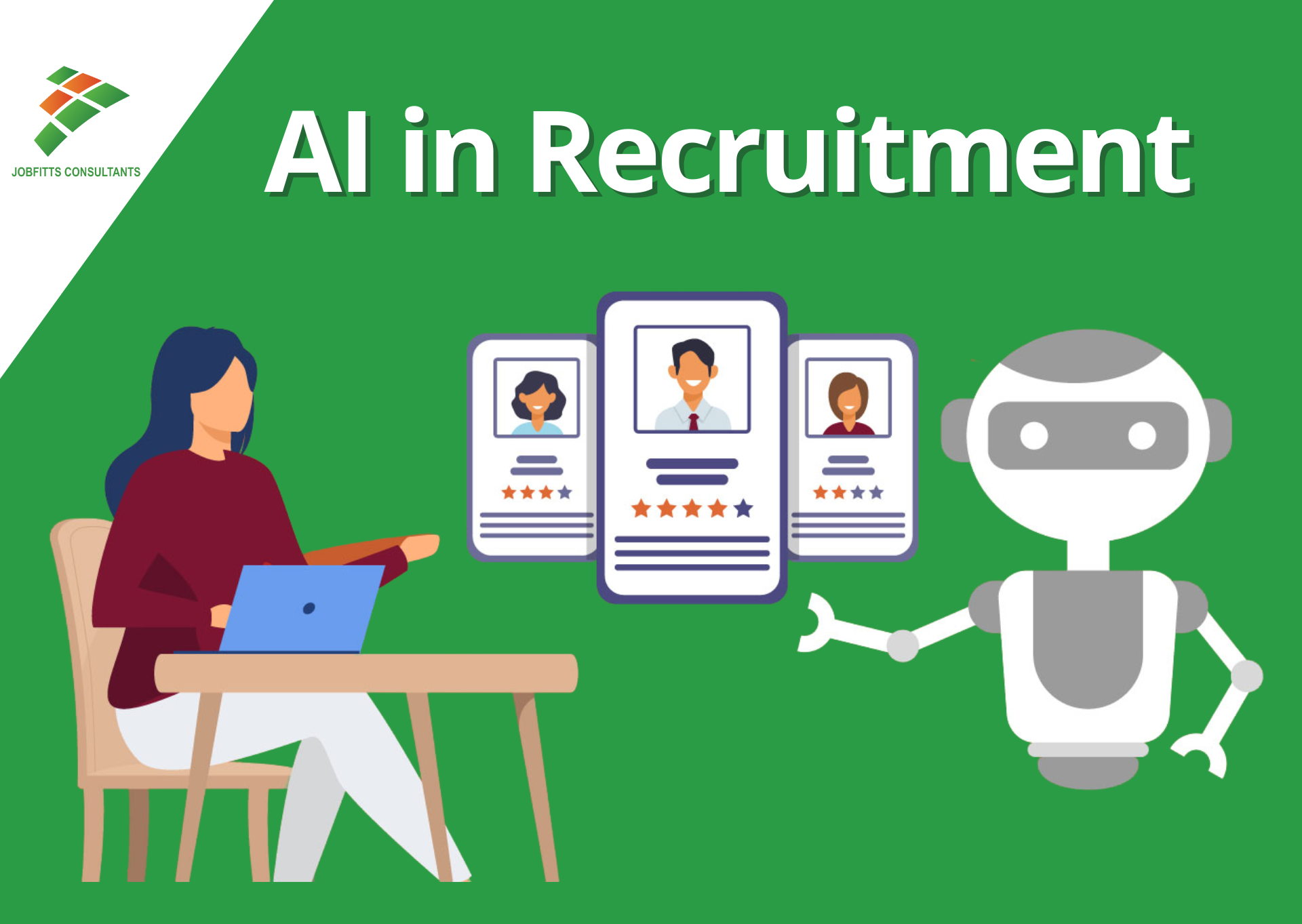



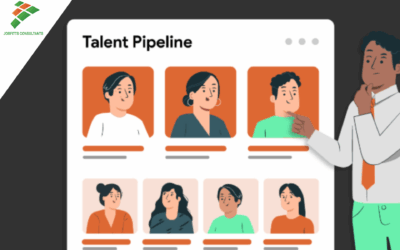


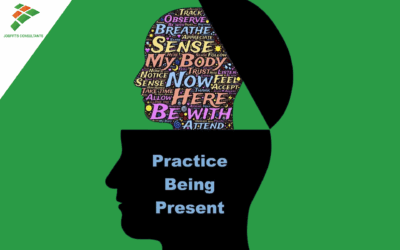
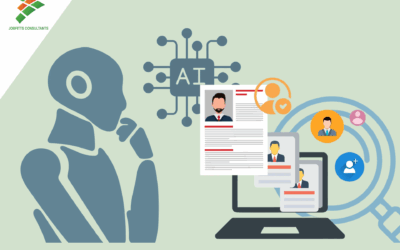
Share This
Share this post with your friends!